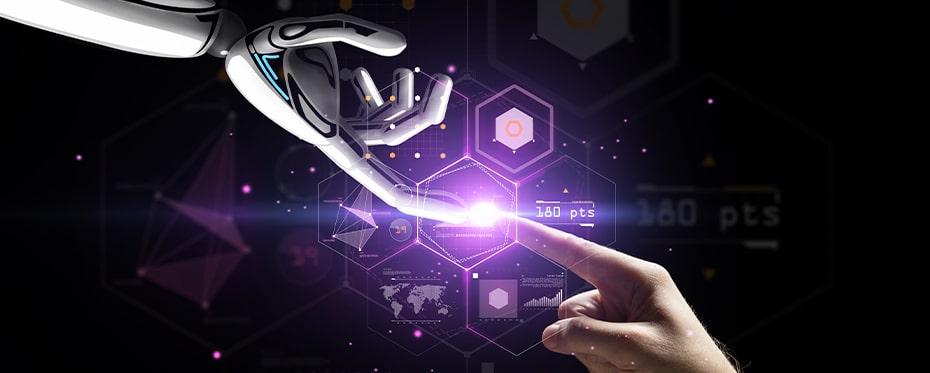Tag: culture
Embracing Indigenous knowledge for sustainable urban transformation

Mainstream governance structures are rooted in Eurocentric approaches. At the University of Waikato in Hamilton, New Zealand, Dr Rita Dionisio studies culturally reflective, place-based approaches to improving and measuring socio-ecological wellbeing in the face of climate change and declining socio-economic conditions. Dionisio argues that Indigenous-led philosophies and practices offer the opportunity to decolonise urban governance and embrace collaborative planning and partnerships […]
Read More… from Embracing Indigenous knowledge for sustainable urban transformation
How do power imbalances influence national corruption and welfare?

Professor Wolfgang Scholl of Humboldt University in Berlin, Germany, has built a detailed model that shows how and where corruption thrives and the damage it causes to social welfare. The social-psychological, cultural, and economic causes and effects are disentangled, and the ethical imperatives are discussed that support a positive outcome. The model confirms empirically that unequal power relations induce corruption […]
Read More… from How do power imbalances influence national corruption and welfare?
Cooperation with autonomous machines through culture and emotion

People tend to be less cooperative with machines than with humans. Dr Celso de Melo, a computer scientist with the US Army Research Laboratory, and Dr Kazunori Terada, an Associate Professor at Gifu University, Japan, demonstrate how incorporating simple cultural and emotional cues, such as virtual faces showing positive or negative emotion, can help mitigate unfavourable bias toward machines and […]
Read More… from Cooperation with autonomous machines through culture and emotion